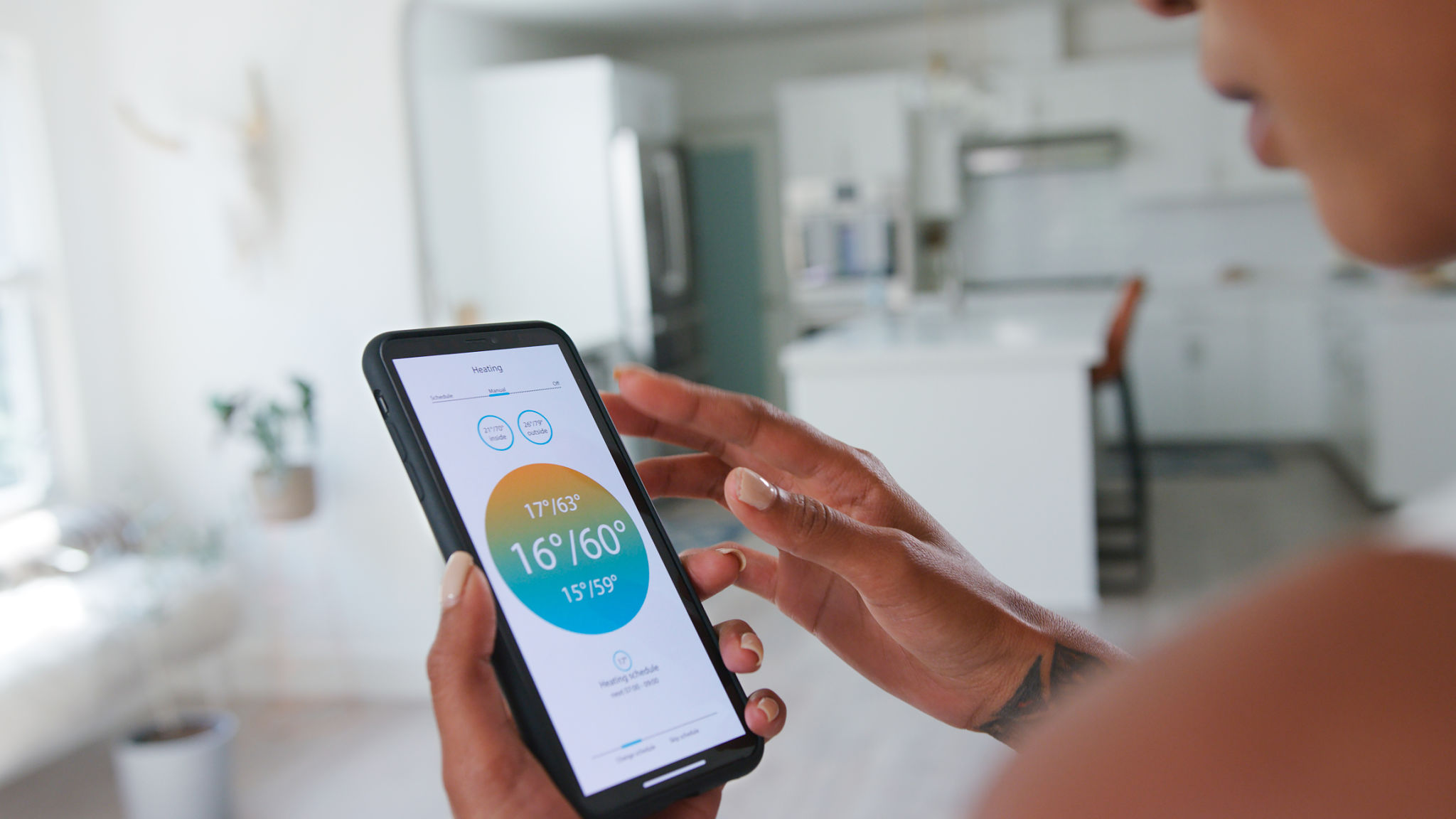Trend Analysis: The Rise of Smart Homes in Real Estate Development
EC
The Evolution of Smart Homes
In recent years, the concept of smart homes has transitioned from a futuristic idea to a tangible reality, rapidly influencing real estate development. The integration of technology in residential spaces is no longer a luxury but a standard, transforming how homes are designed, built, and marketed.
The rise of smart homes is driven by advancements in technology and increased consumer demand for convenience and efficiency. From automated lighting systems to intelligent security features, homeowners are embracing innovations that make life easier and more connected.

Key Features of Smart Homes
Smart homes are characterized by their ability to connect various devices and systems for seamless operation. Some popular features include:
- Automated Lighting: Control lighting remotely or set schedules to optimize energy usage.
- Smart Security Systems: Enhance safety with cameras, motion detectors, and smart locks that can be monitored and managed via smartphones.
- Thermostat Control: Adjust heating and cooling for comfort and energy efficiency with smart thermostats.
The integration of these features not only enhances the living experience but also contributes to energy conservation and cost savings. This trend is particularly appealing to environmentally conscious consumers.

Impact on Real Estate Development
Developers are increasingly incorporating smart technologies into new builds to meet the growing demand. This shift is influencing various aspects of real estate development:
- Design: Homes are being designed with technology in mind, ensuring that infrastructure supports current and future advancements.
- Market Value: Properties equipped with smart features often have higher market values, attracting tech-savvy buyers willing to invest in modern amenities.
- Sustainability: Smart homes contribute to sustainable living by optimizing energy use, aligning with global efforts to reduce carbon footprints.
The Role of Internet of Things (IoT)
The Internet of Things (IoT) plays a crucial role in the functionality of smart homes. By connecting devices and systems through a network, IoT enables automation and remote control, providing homeowners with unprecedented convenience.
This connectivity allows for the integration of various components such as appliances, security systems, and climate controls into a unified system that can be managed from anywhere. The result is a more efficient and personalized living environment.

Challenges and Considerations
Despite the benefits, there are challenges associated with the rise of smart homes. Privacy and security concerns are paramount, as connected devices can be vulnerable to cyber threats. Ensuring robust security measures is essential to protect homeowners' personal data.
Additionally, the initial cost of installing smart technologies can be high, although long-term savings on energy and increased property value often offset these expenses. Educating consumers about these benefits can help in overcoming hesitations related to upfront costs.
The Future of Smart Homes
The trend towards smart homes shows no signs of slowing down. As technology continues to evolve, so too will the possibilities for enhancing residential living spaces. Innovations such as artificial intelligence and machine learning are expected to further revolutionize how homes operate.
Real estate developers who embrace these changes will likely lead the market, offering properties that cater to the modern buyer's desire for convenience, efficiency, and sustainability.